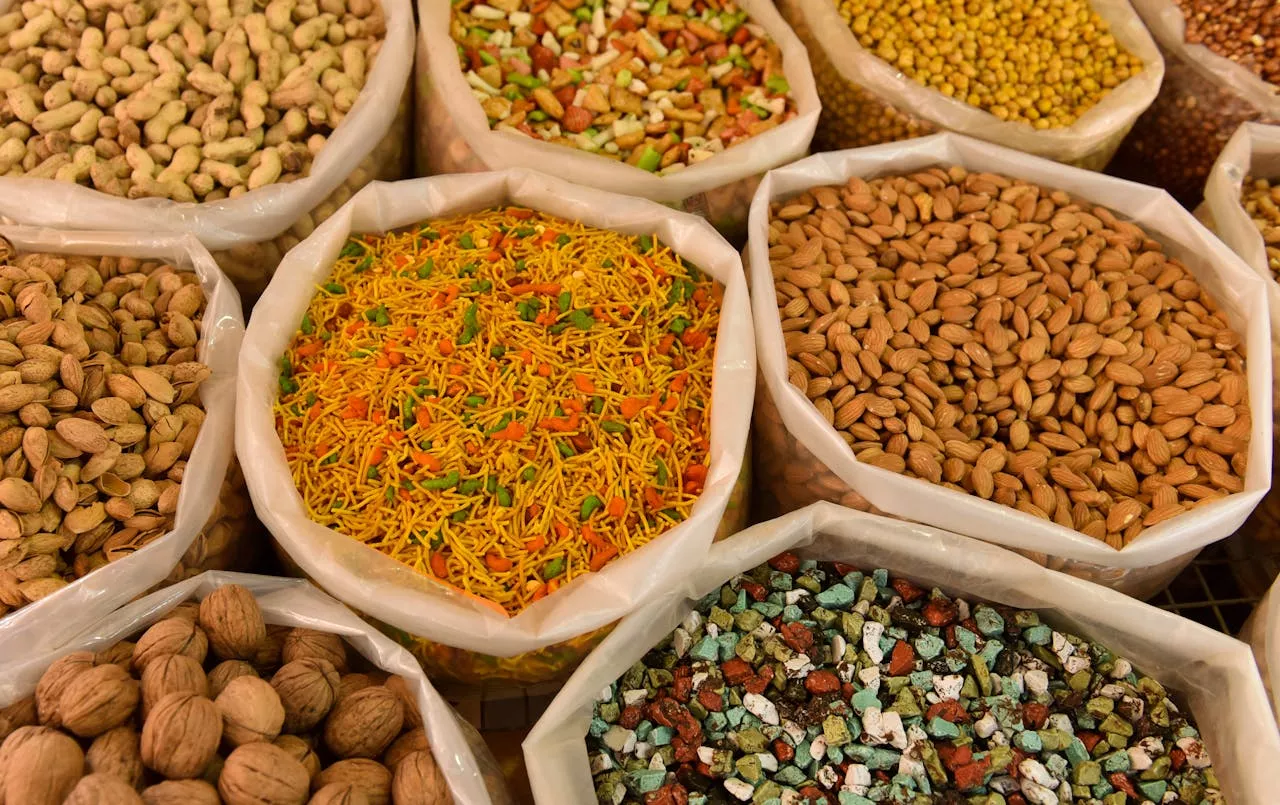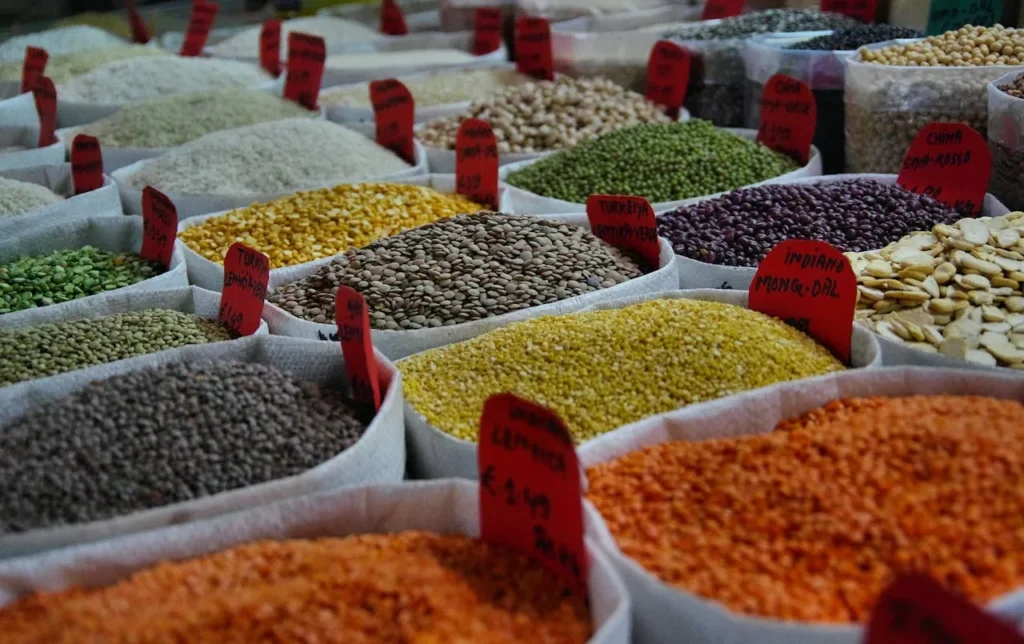
Darling Ingredients Inc. (NYSE: DAR), a global leader in converting edible and inedible bio-nutrients into sustainable products, announced its financial results for the third quarter ended September 27, 2025. The company reported net income of $19.4 million, or $0.12 per diluted share, representing an increase from $16.9 million, or $0.11 per diluted share, in the same quarter of 2024. This modest improvement reflects steady performance across the company’s core business segments and continued resilience in a challenging renewable fuels environment.
Total net sales reached $1.6 billion, up from $1.4 billion in the prior-year quarter, reflecting strong demand across feed, food, and specialty ingredient markets. Despite macroeconomic headwinds and fluctuations in renewable diesel economics, Darling Ingredients continued to strengthen its underlying operations through cost optimization, disciplined capital allocation, and a focus on its integrated sustainability model.
CEO Commentary: Momentum in Core Ingredients Amid Policy Uncertainty
“Our core ingredients business continues to build momentum, driven by strong fundamentals across all segments,” said Randall C. Stuewe, Chairman and Chief Executive Officer of Darling Ingredients. “We are on the heels of public policy developments that we expect to play out in our favor — reinforcing our unmatched position in the industry and our focus on delivering long-term value to shareholders.”
Stuewe emphasized that the company remains well-positioned to benefit from evolving sustainability regulations and demand for low-carbon solutions. He noted that while market conditions in the renewable fuels segment have presented near-term challenges, Darling’s global portfolio in ingredients for food, feed, and pharmaceuticals continues to provide balance and stability.
Year-to-Date Financial Performance
For the nine months ended September 27, 2025, Darling Ingredients reported net sales of $4.4 billion, compared to $4.3 billion in the same period of 2024 — a modest year-over-year increase. However, net income declined sharply to $5.9 million, or $0.04 per diluted share, compared to $177.0 million, or $1.10 per diluted share, for the first nine months of 2024.
The decline was primarily driven by weaker results at Diamond Green Diesel (DGD), the company’s joint venture in renewable diesel production. Despite operational efficiency gains, DGD’s profitability was negatively impacted by volatile credit markets, fluctuating feedstock costs, and the delayed monetization of production tax credits (PTC).
Diamond Green Diesel: Renewable Fuel Sales and PTC Monetization
During the third quarter of 2025, Diamond Green Diesel sold 250 million gallons of renewable fuel, generating a negative EBITDA contribution of ($0.02) per gallon to Darling Ingredients. This figure is net of discounts and broker fees associated with PTC-related transactions.
For the first nine months of 2025, DGD sold 717.7 million gallons of renewable fuel, representing $0.13 EBITDA per gallon to Darling Ingredients after adjusting for PTC-related costs. These results underscore the challenging economics within the renewable diesel market during 2025, as fluctuating policy timelines and credit monetization delays pressured margins.
To enhance liquidity and monetize available tax assets, Darling Ingredients finalized an agreement to sell $125 million of its 2025 PTC, with payment expected in the fourth quarter. The company also plans to sell an additional $125–175 million in PTC credits by year-end 2025, providing further cash flow support and balance sheet flexibility.
Adjusted EBITDA and Segment Performance
Combined Adjusted EBITDA for the third quarter of 2025 was $244.9 million, slightly above the $236.7 million reported in the same quarter of 2024. On a year-to-date basis, Combined Adjusted EBITDA totaled $690.2 million, compared with $790.4 million during the first nine months of 2024.
The decline in year-to-date EBITDA was primarily attributed to lower contributions from the Fuel segment, while the Core Ingredients business — encompassing feed ingredients, food ingredients, and specialty products — delivered steady gains. Strong global demand for animal proteins, fats, and specialty feed ingredients supported performance, partially offsetting the impact of lower DGD margins.
Balance Sheet, Liquidity, and Capital Expenditures
As of September 27, 2025, Darling Ingredients maintained a solid liquidity position with $91.5 million in cash and cash equivalents and $1.17 billion available under its committed revolving credit facility.
Total debt outstanding, net of cash and cash equivalents, stood at $4.01 billion, resulting in a preliminary leverage ratio of 3.65x, as measured by the company’s bank covenant. This leverage ratio remains within the company’s target range, reflecting prudent financial management despite volatility in renewable fuel earnings.

Capital expenditures (CapEx) totaled $90.1 million for the third quarter of 2025 and $224.0 million for the first nine months of the year. Investments were primarily directed toward capacity expansion, facility modernization, and ongoing environmental, health, and safety initiatives across global operations.
Transition in Financial Guidance
In light of the ongoing complexity and uncertainty surrounding government policy and its impact on renewable fuels, Darling Ingredients announced that it will focus future financial guidance solely on its core ingredients business, excluding contributions from Diamond Green Diesel.
For the full year 2025, the company expects Adjusted EBITDA from its core ingredients segments to range between $875 million and $900 million. This guidance reflects stable pricing trends in global animal by-products, fats, and specialty ingredients, as well as continued demand recovery in food-grade gelatin and collagen markets.
Strategic Outlook: Building Sustainable Value
Darling Ingredients continues to expand its leadership in sustainable ingredients and low-carbon feedstocks, supplying essential materials for food, feed, fuel, and fertilizer markets worldwide. The company’s vertically integrated model — encompassing collection, processing, and conversion of animal by-products and organic waste — positions it uniquely in the circular economy.
Looking ahead, management anticipates that recent and forthcoming public policy developments in renewable energy, carbon reduction, and sustainable agriculture will create tailwinds for the company’s long-term growth strategy. Darling Ingredients expects its core ingredients business to remain a consistent earnings driver, while renewed stability in renewable fuel markets could restore DGD’s profitability in future quarters.
CEO Randall Stuewe concluded, “Darling Ingredients remains focused on strengthening our operations, maximizing the value of every resource we process, and delivering sustainable growth for our shareholders. While short-term market conditions may fluctuate, our diversified business model and long-term commitment to renewable solutions will continue to guide our success.”




